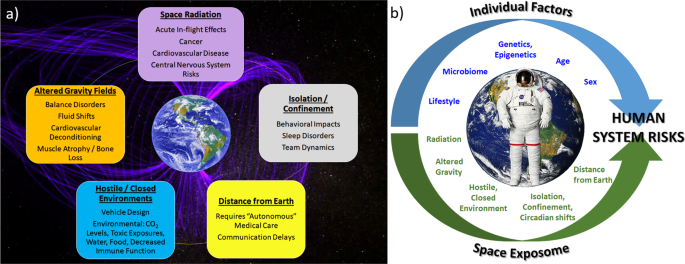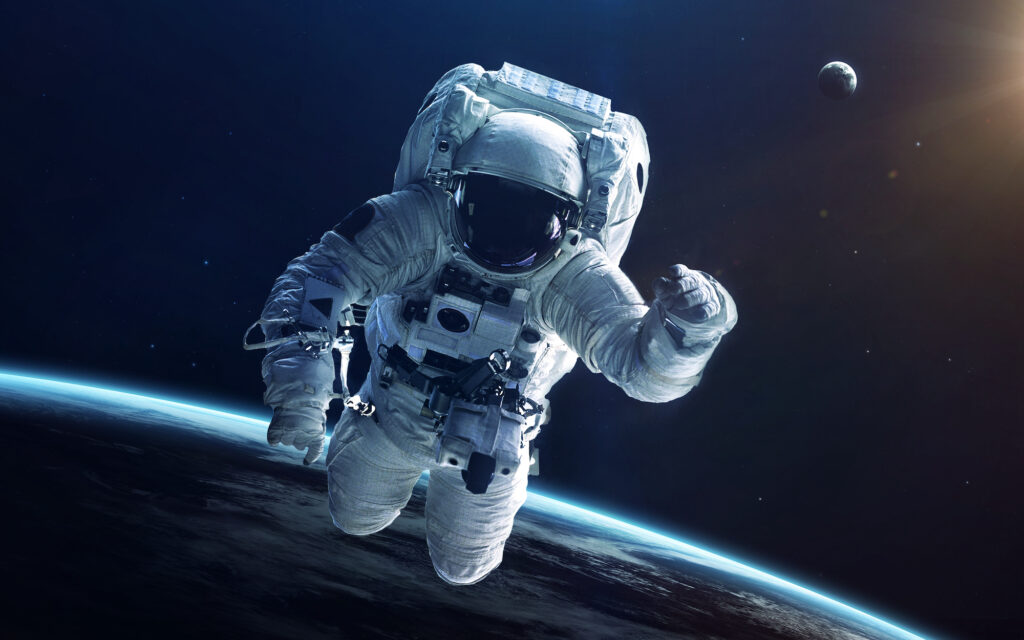Space exploration has always captured the imagination of humanity, from the first moon landing to the ongoing missions to Mars. However, the prolonged exposure to the microgravity environment of space presents numerous challenges for astronauts, including the impact on their sleep patterns.
Unique Challenges of Sleep in Space
Unlike on Earth, where individuals experience a 24-hour day-night cycle, astronauts aboard the International Space Station (ISS) witness approximately 16 sunrises and sunsets each day. This irregular light-dark cycle can disrupt their circadian rhythms, leading to difficulties in falling asleep and waking up at appropriate times.
In addition, the absence of gravity in space alters the distribution of bodily fluids, which can affect blood pressure regulation and fluid shifts to the head, potentially causing discomfort and disturbed sleep.
Importance of Adequate Sleep
Understanding the effects of long spaceflights on sleep is crucial, as adequate rest is essential for the overall well-being and performance of astronauts during their missions. Quality sleep is vital for cognitive function, emotional well-being, and physical health, factors that are especially critical in the isolated and high-stakes environment of space travel.

Credit: www.nature.com
Research Initiatives
Given the significance of the issue, space agencies such as NASA have conducted extensive research to investigate the sleep patterns of astronauts in space. These studies utilize advanced monitoring technology to track changes in sleep duration, quality, and architecture during space missions.
Moreover, ongoing investigations aim to identify potential countermeasures to mitigate the sleep challenges faced by astronauts, such as optimizing lighting conditions, developing tailored sleep schedules, and exploring pharmaceutical interventions.
Implications for Future Missions
The findings from research on astronauts’ sleep in space have far-reaching implications for the future of space exploration. As human spaceflights extend to longer durations, such as those envisioned for missions to Mars, a deep understanding of sleep dynamics will be fundamental in safeguarding the health and performance of astronauts.
Furthermore, the insights gained from studying sleep in space may also have terrestrial applications in addressing sleep-related issues on Earth, benefiting individuals in various professions and those facing sleep disorders.

Credit: www.sleepfoundation.org
Frequently Asked Questions For Astronauts Uncover Impact Of Long Spaceflights On Sleep: Illuminating The Physical And Mental Challenges
Faq 1: How Does Long-duration Spaceflight Affect Astronauts’ Sleep?
Long-duration spaceflight can disrupt astronauts’ sleep patterns, leading to changes in sleep quality, duration, and timing.
Faq 2: What Challenges Do Astronauts Face When Trying To Sleep In Space?
Astronauts face challenges such as disrupted circadian rhythms, noise levels, microgravity effects, and limited control over light exposure, which can impact their sleep.
Faq 3: How Do Astronauts Try To Mitigate Sleep Problems During Spaceflights?
Astronauts use various strategies to mitigate sleep problems, including scheduled sleep periods, adjustable lighting, sleep aids, and personal sleep preferences.
Faq 4: Does Lack Of Sleep Affect Astronauts’ Performance On Space Missions?
Yes, inadequate sleep can impact concentration, cognitive function, decision-making, and overall performance, which is why sleep is crucial for astronauts’ well-being in space.
Conclusion
In conclusion, the study of the effects of long spaceflights on astronauts’ sleep represents a critical frontier in space research. Through ongoing investigations and innovative interventions, the scientific community is committed to enhancing our understanding of sleep in space, ultimately supporting the success of future space missions and advancing sleep science both in space and on Earth.
Leave a Reply